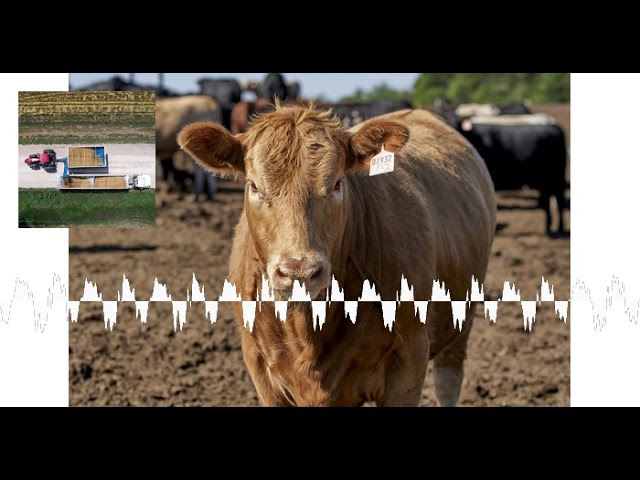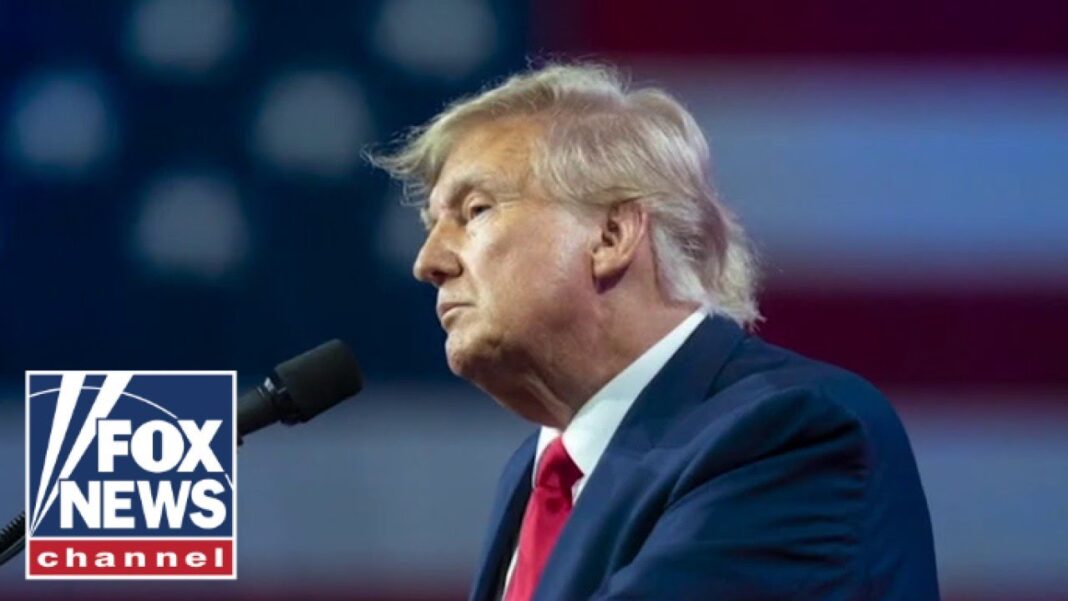
Morgan Stanley’s top investment officer has warned that investors shouldn’t see the bailout of Silicon Valley Bank’s uninsured depositors as a reason to get bullish on stocks, predicting a “vicious” final stretch to the current bear market marked by sharp price declines and few opportunities to hedge portfolios against losses.
The lightning-fast collapses of Silicon Valley Bank (SVB) and Signature Bank sparked fears of contagion and prompted the Federal Reserve to roll out an emergency lending facility for banks and led the Federal Deposit Insurance Corporation (FDIC) to waive its $250,000 deposit insurance cap and provide blanket coverage to all depositors at the failed institutions.
The Fed’s balance sheet expanded by $297 billion, to $8.63 trillion for the week ended March 15, undoing months of the central bank’s efforts to shrink its balance sheet.
This has prompted some investors to question whether the Fed has restarted its quantitative easing (QE) program, which was first initiated after the financial crisis of 2008–09 and involved buying assets like government bonds to inject liquidity into the financial system.
But experts say the Fed’s recent balance-sheet expansion is mostly related to banks taking short-term loans from the Fed to help them manage liquidity risks and guard against bank runs.
“Swaps don’t remotely resemble QE, especially with the threat of systemic risk lurking,” analyst Danielle DiMartino Booth stated in a tweet addressing questions of whether the Fed’s newly created Bank Term Funding Program (BTFP), the liquidity lifeline that lets banks borrow against their holdings of Treasury’s on preferential terms, which amounts to quantitative easing.
Mike Wilson, Morgan Stanley’s chief U.S. equity strategist and chief investment officer, said in a note Monday that stock market investors have been wondering if the Fed’s and the FDIC’s actions amount to another form of QE “and therefore ‘risk on.’”
Wilson believes it’s not the same as QE and won’t juice markets like some investors expect.
“We argue it’s not, and instead represents the beginning of the end of the bear market as falling credit availability squeezes growth out of the economy,” Wilson wrote in the note, which was first reported by Bloomberg.
By Tom Ozimek






